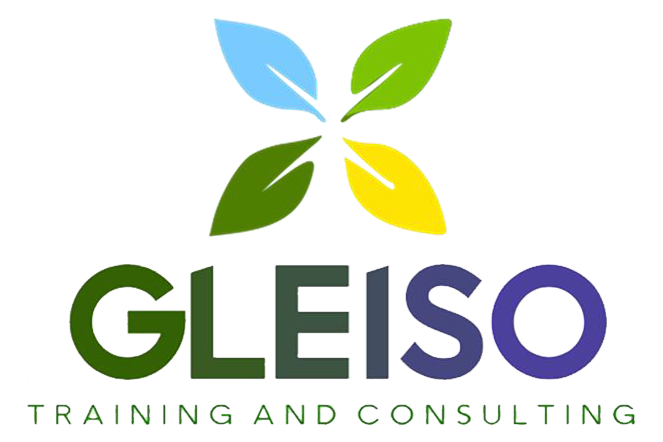1. Training Objectives
This training aims to:
- Provide participants with detailed information about the FSSC 22000 management system and its components.
- Familiarize participants with the latest version of FSSC 22000 (5.1) and its updates.
- Explain the similarities and differences between food safety management systems, demonstrating how to apply the FSSC 22000 requirements.
- Equip participants with practical approaches to food safety management and risk analysis principles.
- Help participants understand certification processes and how FSSC 22000 aligns with new food safety legislation in Azerbaijan.
2. Target Audience
This training is designed for:
- Employees in food industry businesses and those involved in the food supply chain, including:
- Food engineers and professionals with specialized education.
- Food safety professionals looking to enhance their skills.
- FSMS managers, supervisors, chefs, quality control officers, warehouse managers, and other food sector employees.
- Students invited as part of internship programs or those in specialized laboratory training courses.
- Individuals interested in food safety management and certification.
3. Training Benefits:
- Gain practical knowledge for establishing and maintaining an effective food safety management system in food industry businesses.
- Understand FSSC 22000 certification requirements and apply them to food safety management.
- Learn about new food safety legislation and understand how to align business practices with these regulations.
- Learn how to apply risk analysis and manage hazards effectively in food businesses.
4. Training Content
1. What is FSSC 22000 and its History
- The purpose and significance of FSSC 22000.
- The role of FSSC 22000 in the food supply chain.
2. FSSC 22000 v5.1 Management System
- Differences between the latest version (v5.1) and previous versions of FSSC 22000.
- New requirements and how to implement them.
3. Components of FSSC 22000
- ISO 22000:2018 Food Safety Management System.
- ISO 9001:2015 Quality Management System (for FSSC 22000-Quality).
- Prerequisite Programs (ISO/TS 22002, BS PAS 220).
- HACCP principles and implementation.
- ISO 22003 – Requirements for auditing and certification bodies.
4. Additional Requirements of FSSC 22000
- Food Defense Plans and their implementation.
- Food Fraud Prevention and how to manage it.
- The role of Food Safety Culture in food safety management.
- Managing services and purchased materials.
- Requirements for product labeling, allergen control, and cross-contamination prevention.
5. FSSC 22000 Certification Stages
- The certification process stages.
- Key requirements for obtaining FSSC 22000 certification.
6. Practical Exercise
- Conducting hazard and risk analysis.
- Risk assessment of food businesses in the supply chain and implementing appropriate measures.
5. Training Features & Advantages:
- Conducted by experienced trainers and food safety experts, ensuring practical applicability.
- Participants receive electronic and printed training materials.
- Interactive training format with on-site tasks and group exercises to reinforce knowledge.
- FSSC 22000 Certification awarded upon successful completion of the course.
6. Additional Training Details:
- Duration: 2 days (theory and practical sessions)
- Group Size: Minimum 6 – Maximum 10 participants
- Languages: Azerbaijani, Turkish, and English
- Certification: Participants successfully completing the training will receive the FSSC 22000 Certification.
- Certificate Validity: 3 years.
